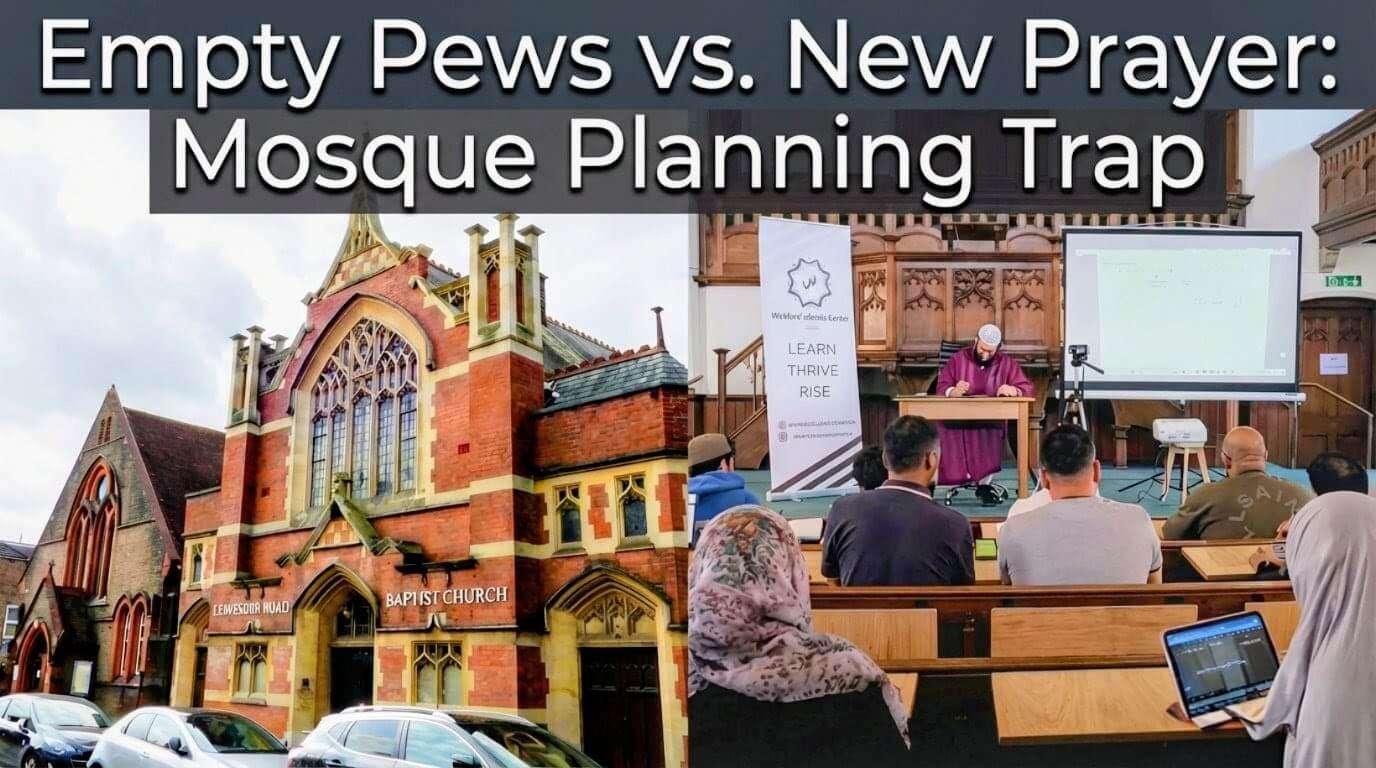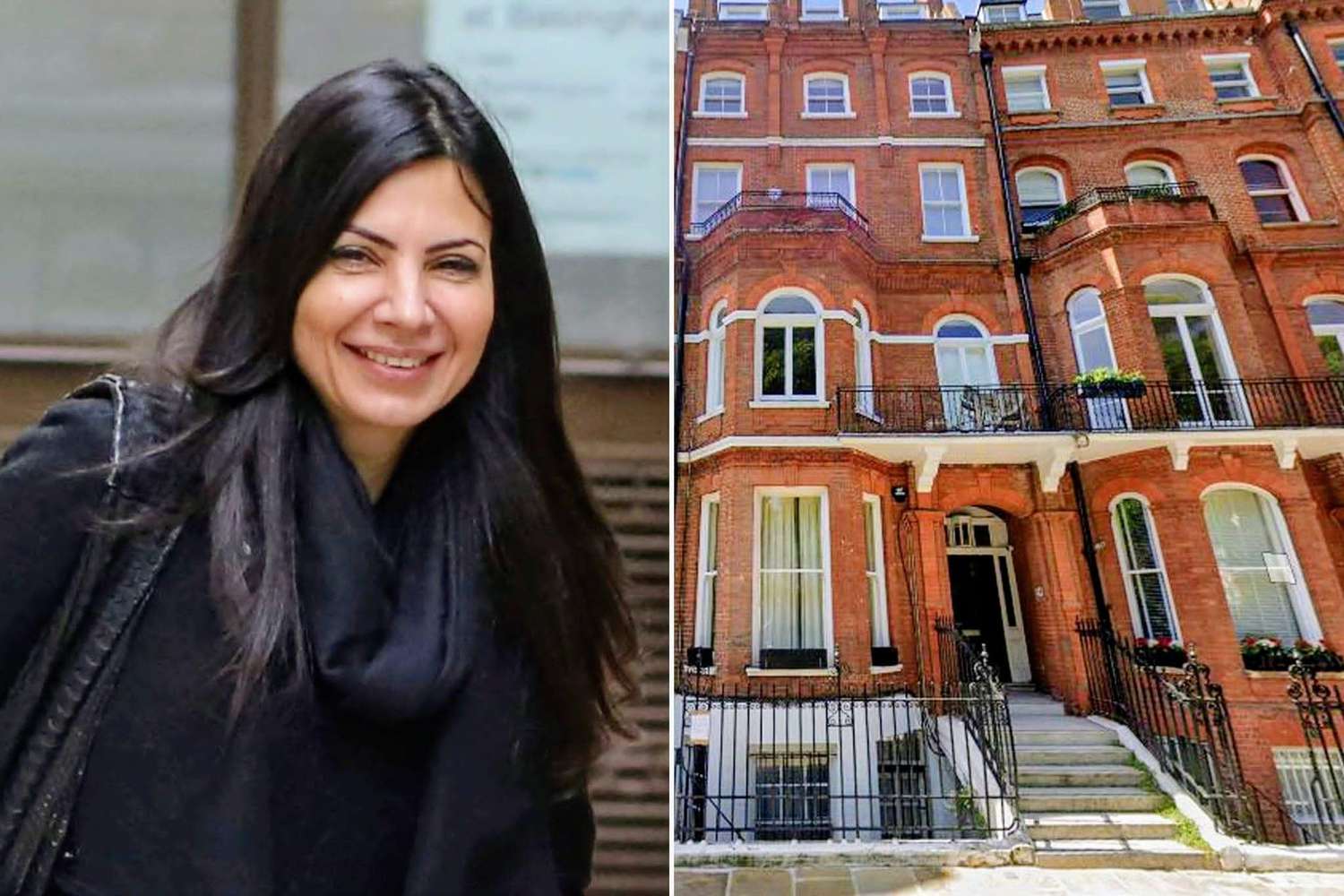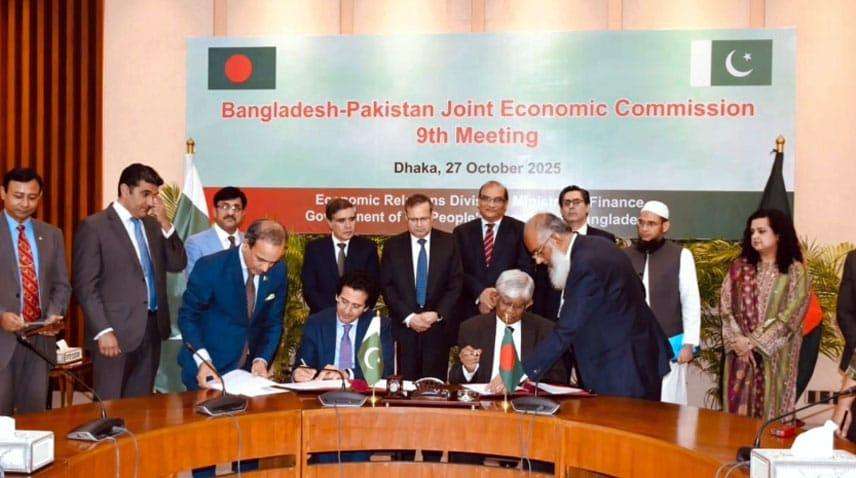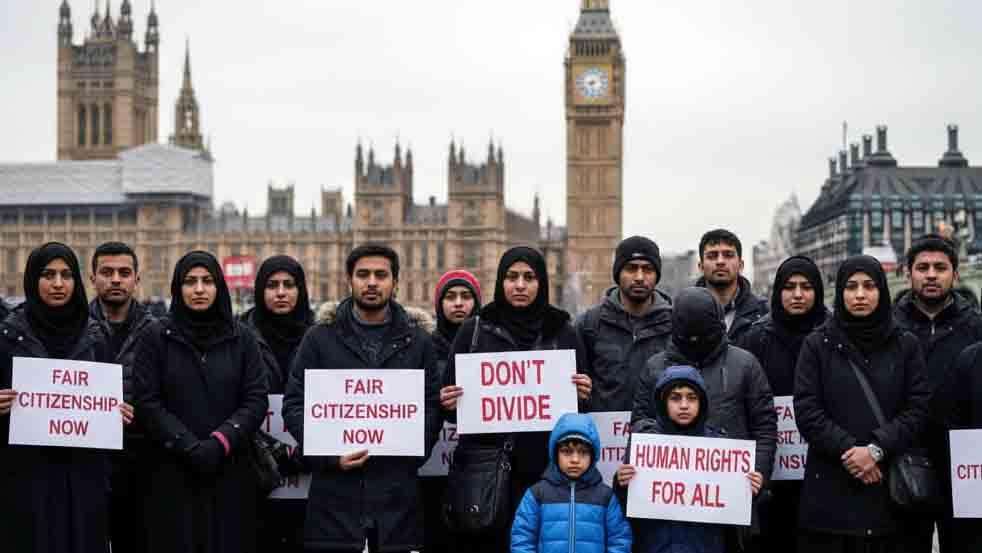The political upheaval in Bangladesh following the departure of the Sheikh Hasina government has ushered in a rapid and dramatic warming of relations with Pakistan. This diplomatic thaw, marked by high-level visits and significant trade offers, is reshaping the regional geopolitical landscape.
Most recently, the 9th Pak-Bangladesh Joint Economic Commission (JEC) meeting, held in Dhaka, achieved a major milestone, being the first such dialogue in two decades. According to Radio Pakistan, one of the most substantial outcomes of the meeting, co-chaired by Pakistan's Minister for Petroleum, Ali Pervez Malik, and Bangladesh's Adviser on Finance, Dr. Salehuddin Ahmed, was Pakistan’s offer to grant Bangladesh the use of the Karachi Port.
This offer aims to facilitate Bangladesh’s trade with regional countries, including China and the Central Asian states, providing an alternative trade route at a time when Dhaka's relations with its immediate neighbor, India, are reportedly under strain due to recent trade restrictions.
The JEC meeting minutes, as reported by Radio Pakistan, also outlined agreements to increase cooperation between national shipping corporations, accelerate the process for starting direct flights, and establish a Pak-Bangladesh Knowledge Corridor offering 500 fully funded scholarships for Bangladeshi students in Pakistan. The two sides also signed a Memorandum of Understanding on cooperation in the halal trade.
Future Uncertainty Under a New Government
While the interim government of Chief Adviser Muhammad Yunus has presided over this significant diplomatic shift, the long-term sustainability of the burgeoning relationship hinges on the results of the next general election.
The Bangladesh Nationalist Party (BNP), widely seen as a frontrunner in any upcoming election, has historically maintained a foreign policy that is less inclined towards New Delhi than the Awami League, and some analysts suggest its return to power could solidify the pivot towards closer ties with Pakistan. The BNP has existing strong links with Islamist political parties, which generally favor stronger ties with Islamabad. Therefore, if the BNP comes to power, it would most probably continue and potentially deepen the economic and defense cooperation recently initiated with Pakistan, viewing it as a strategic move to diversify foreign relations and reduce dependence on a single regional power.
However, any future elected government, regardless of party, will also face the task of balancing these relationships, as the legacy of 1971 and the economic importance of other regional players remain significant considerations.
Corruption Contrast: Pakistan vs. Bangladesh
A notable backdrop to this economic rapprochement is the distinct contrast in the perception of corruption between the two nations, which can influence foreign investment and trade confidence. According to the 2024 Transparency International's Corruption Perceptions Index (CPI), Bangladesh scored 23, ranking 151st out of 180 countries. For comparison, Pakistan scored 29, generally placing it as significantly less corrupt than Bangladesh on this particular index.
This difference in perception suggests that Bangladesh's business environment, particularly its public sector, is viewed as having a higher degree of systemic corruption compared to Pakistan. This disparity, while not halting high-level government-to-government agreements like the Karachi Port offer, may still factor into the long-term decisions of private investors and businesses from both countries.
The full details of the economic agreements reached during the 9th JEC meeting can be found in a report from Radio Pakistan which gives a comprehensive overview of the strengthening bilateral economic and development cooperation.








.svg)

